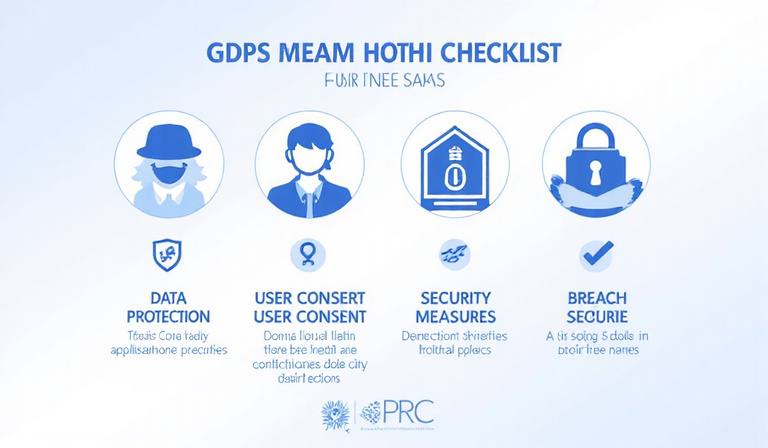Frequently Asked Questions
IT startups face several critical legal considerations:
- Proper business entity formation (LLC vs Corporation)
- Intellectual property protection for your software and branding
- Compliance with data protection regulations (GDPR, CCPA)
- Clear terms of service and privacy policies
- Employment agreements and contractor agreements
- Equity distribution and founder agreements
We recommend scheduling a consultation to review your specific needs.
The General Data Protection Regulation (GDPR) applies if you process personal data of EU residents, regardless of your company's location. Key requirements include:
- Obtaining explicit consent for data collection
- Implementing data protection by design and by default
- Appointing a Data Protection Officer (if required)
- Reporting data breaches within 72 hours
- Providing data subject rights (access, rectification, erasure)

A comprehensive software development contract should address:
Project Details
- Scope of work and deliverables
- Project timeline and milestones
- Acceptance criteria
- Change order procedures
Legal Protections
- Intellectual property ownership
- Confidentiality provisions
- Warranties and limitations
- Termination clauses
- Dispute resolution
Software protection involves multiple legal strategies:
- Copyright registration: Automatically applies but registration strengthens protection
- Patent protection: For novel, non-obvious software processes (where applicable)
- Trade secret protection: For proprietary algorithms with confidentiality agreements
- License agreements: Clearly defining permitted uses of your software
- Source code escrow: For enterprise clients requiring access to source code under specific conditions
Our IP protection services can help implement these measures.
Data collection requirements vary by jurisdiction but generally include:
Consent Requirements
Must be informed, specific, and freely given. Some jurisdictions require opt-in rather than opt-out consent.
Privacy Notice
Must disclose what data is collected, how it's used, who it's shared with, and how users can exercise their rights.
Data Minimization
Only collect data necessary for specified purposes. Avoid excessive data collection.
Security Measures
Implement appropriate technical and organizational measures to protect collected data.
Did You Know?
Under the DMCA's Safe Harbor provisions, online service providers can avoid liability for user-generated content if they implement a proper takedown procedure and meet other requirements. Our team can help you establish compliant policies.
Quick Tip: Open Source Compliance
Using open source software in your project? Remember that most licenses require:
- Including original copyright notices
- Providing access to source code when distributing modified versions (for copyleft licenses)
- Documenting all open source components and their licenses
We offer open source compliance audits to help avoid legal risks.
Still Have Questions?
Our legal experts are ready to provide personalized answers to your specific IT law concerns.
Request a Consultation